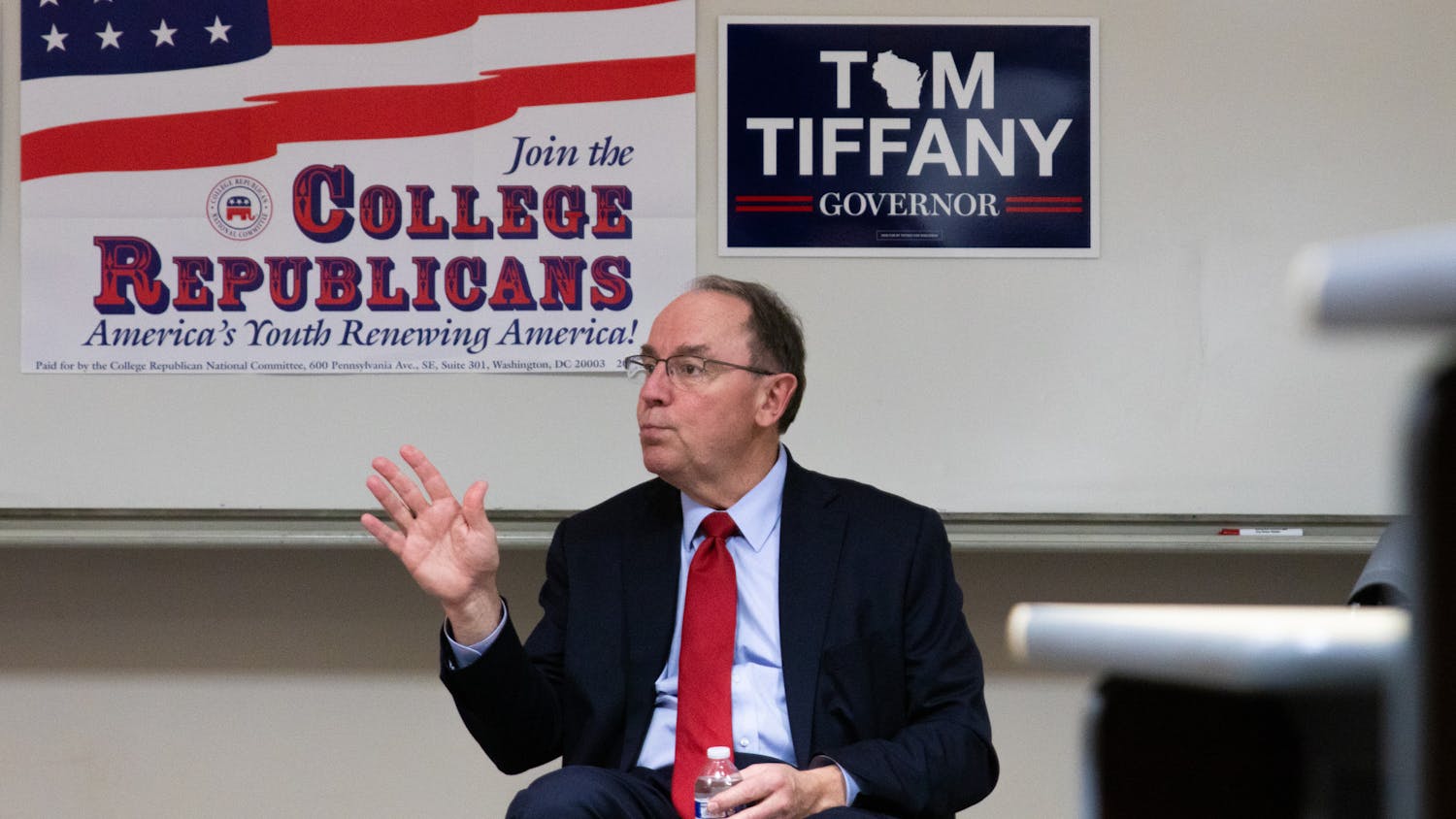Democratic presidential hopefuls face their biggest challenge yet with a group of contests today dubbed the \Super Seven,"" five primaries and two caucuses spread across the country.
Voters in Missouri, Arizona, South Carolina, Oklahoma, Delaware, New Mexico and North Dakota will pick their preferences for the Democratic nominee. Because Sen. John Kerry, D-Mass., has won in both Iowa and New Hampshire, today will be important for other candidates to show they can prove competitive nationally and for Kerry to try and continue to ride the polls as a frontrunner.
""It is most important for [former Vermont Gov. Howard] Dean and [Gen. Wesley] Clark and [North Carolina Sen. John] Edwards because ... they need to win in order to stop Kerry's momentum,"" UW-Madison political science Professor Kenneth Mayer said. ""If Kerry wins everywhere, and he is either ahead or competitive in every state, if he wins them all, then it's pretty much over.""
Tracking polls show Kerry leading in most states including the two with the most delegates, Missouri and Arizona. However, Mayer added the Iowa and New Hampshire contests demonstrated the difficulty of predicting what voters will decide.
With 74 delegates up for grabs, Missouri carries more weight than any other state in the Super Seven. A Reuters/MSNBC/Zogby poll shows Kerry decisively leading this state and Edwards a distant second.
Sarah Brown, a junior at Truman State University in Kirksville, Mo., who volunteers with the campus' Students for Kerry, said she feels assured of a Kerry victory.
""The polls look great ... I am feeling really really confident that we're going to win Missouri,"" she said, adding that Kerry's foreign experience appealed to her.
As the next-largest state in the Super Seven, Arizona will also be significant-and like Missouri, Kerry is leading its polls.
""In Arizona I think it's a done deal ... I think [Kerry]'s got a 99 percent chance of getting first tomorrow,"" Arizona State University senior and Kerry volunteer Matt Moellering.
Like Brown, Moellering was attracted to Kerry because of his international background combined with domestic experience.
Kerry is not leading the polls in every state, however.
Edwards is the front-runner in his home state's neighbor. Mayer said it is crucial Edwards win in South Carolina, which is the first state in the important South to hold a primary.
In Oklahoma, which sends 40 delegates to the Democratic National Convention, Clark holds a slight lead over Kerry.
According to Heather Ann Hope, Clark's Oklahoma campaign communications director, much of this support stems from Clark's background in Arkansas and his campaign message.
""He grew up with the same kind of values as people here in Oklahoma ... faith, family and patriotism,"" Hope said.
With only 14 delegates, the nation's first state has not ranked very highly on candidates' priority lists compared to other states.
""I think it's important to [Dean], but it's not, you know, as big a fish to fry as some other places,"" Dean campaign volunteer Patricia Morrison said.
Despite that and Kerry's lead, Morrison said Dean supporters in Delaware are hard at work and hopeful for a win.
Caucuses run by the Democratic party, rather than primary elections, will decide the winners in New Mexico and North Dakota.
According to Ryan Floersheim, news editor at University of New Mexico's The Daily Lobo, this is the first time the state is holding an early caucus rather than a primary later in the year, and because of this New Mexico is getting a lot of attention from candidates.
In a conference call Monday, Howard Dean said he will be paying a lot of attention to Wisconsin before the Feb. 17 contest, which he called an ""absolutely key primary."" Despite trailing in surveys, Dean said people, not polls, have the final say.
-Maureen Backman
contributed to this report.





